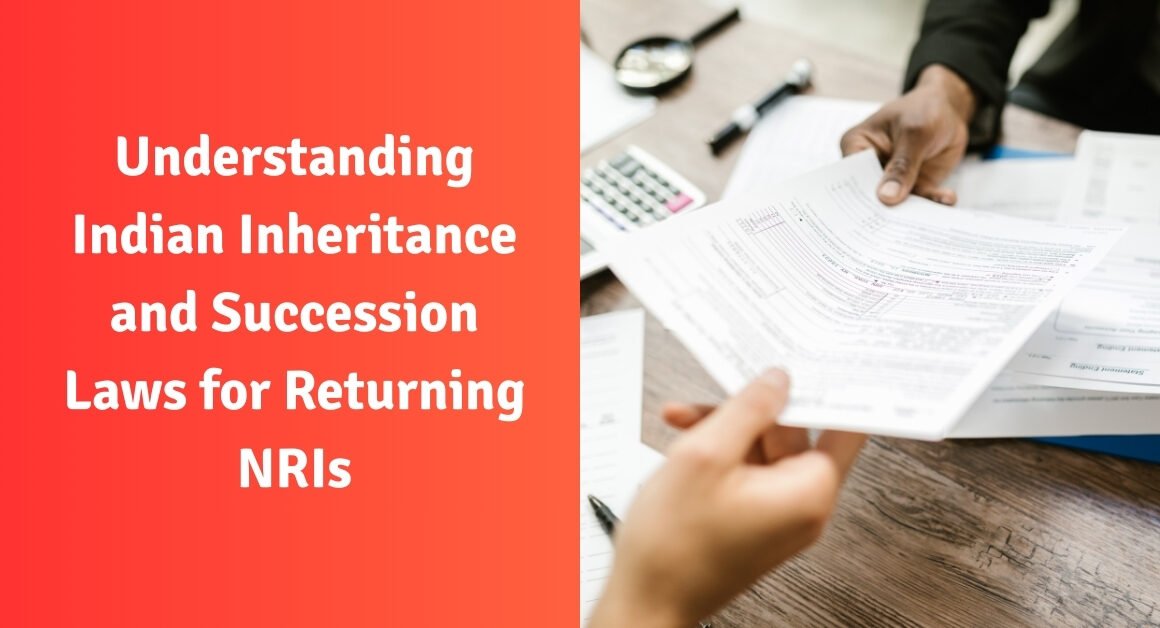Cracking the code of Indian social security and pension schemes can be a daunting task if you’re an NRI. Don’t worry; this guide will break it down in a fun and straightforward manner so that you can get back to securing your financial future while planning your return to India or maintaining ties here. Let’s see what’s on offer and how NRIs can benefit from these schemes.
Social Security Schemes: Do NRIs Even Qualify?
Good news—yes, NRIs can benefit from some Indian social security schemes, although there are variations regarding eligibility and the benefits. Such schemes are usually aimed at giving financial security during old age and retirement. So, here are two main schemes you should be aware of:
- Employees’ Provident Fund (EPF) If you had been working in India before emigrating, you might be familiar with EPF. This is a retirement benefits scheme where the employer and employee each contribute a part of the salary of the employee. The EPF scheme also allows NRIs who once worked in India to withdraw their funds when they leave the country. Pro tip: Check the EPF website for the latest withdrawal rules if you plan to return to India!
- National Pension System (NPS) This is one of India’s highly subscribed pension plans. NRIs too can be covered under the plan. Government of India, after launching it, has also opened this platform where a working life can invest and make contributions for one’s own retirement. So the amount generated gets liquidated with part withdrawal after retirement and an annuity formed by the balance portion.
In a fun twist, NPS has flexible investment options—so whether you’re conservative or a risk-taker, there’s something for you. Even better? NPS is eligible for tax benefits under Section 80C of the Income Tax Act!
Pension Schemes for NRIs: Your Retirement Plan Sorted
While many pension schemes are available, let’s focus on those that are most relevant and beneficial for NRIs.
- Pradhan Mantri Vaya Vandana Yojana (PMVVY)- PMVVY is a pension scheme backed by the government, excellent for senior citizens, including those NRIs above 60 years old. It ensures a guaranteed pension based on the amount invested. It is also one of the safest ways to secure retirement income. You can invest a lump sum and get regular payouts for 10 years, which can be great for retirement in India.
- Atal Pension Yojana (APY)– Targeted more towards the unorganized sector worker, NRIs can also become a part of the Atal Pension Yojana if they have an account with a bank in India. This scheme gives the benefit of getting a pension once you turn 60. Though this might work better if you are a low-income earner, because pension amounts are not huge but at least there’s a certain regularity in that, just a few hundred rupees will take care of all your requirements once you grow older.
Things to Know
- EPF Withdrawal for NRIs: If one has contributed towards EPF in India, the amount so accumulated would be withdrawable even if you are settled abroad.
- NPS Flexibility: The NPS allows partial withdrawals for certain specific purposes like housing or children’s education, and hence it becomes flexible for NRIs. Tax Benefits: Contributions to NPS can reduce your taxable income up to ₹1.5 lakh annually under Section 80C—an extra incentive for smart planning!
How NRIs Can Enroll in These Schemes
NRIs can easily enroll in NPS or other schemes through an NRO or NRE account in India. For EPF, if you previously contributed while working in India, check your eligibility for withdrawal through the online EPFO portal. Similarly, schemes like PMVVY and APY can be availed via your Indian bank account, and the application processes are fairly simple.
Understanding Double Taxation: Is It Tax-Free?
Taxation is one of the major concerns for NRIs investing in Indian social security and pension schemes. India has Double Taxation Avoidance Agreements (DTAA) with many countries, so you are not taxed twice on the same income. For example, the pension income received in India might be taxed here, but the DTAA may prevent further tax in your country of residence.
Conclusion
Secure Your Future, Stress-Free- Whether you retire in India or continue to keep some financial relationship with your country of origin, understanding social security and pension schemes is important. From the flexible NPS to the assured returns from PMVVY, there are various ways of securing your financial future. So, with the right planning, you can avail all these benefits even from outside India. So, take charge and let India’s social security programs work for you!
FAQs
1. Can NRIs contribute to NPS?
Ans – Yes, NRIs can contribute to NPS and benefit from tax deductions.
2. Are pensions from Indian schemes taxable?
Ans – Yes, but India’s DTAA with other countries can prevent double taxation.
3. Can NRIs withdraw their EPF funds?
Ans – Yes, if you contributed while working in India, you can withdraw EPF.
4. Is the PMVVY scheme available to NRIs?
Ans – Yes, NRIs above 60 can invest in PMVVY.
5. Is the Atal Pension Yojana suitable for NRIs?
Ans – Yes, if they have a bank account in India.
6. Do NRIs get tax benefits on NPS contributions?
Ans – Yes, under Section 80C, up to ₹1.5 lakh annually.
7. Can NRIs receive pensions while living abroad?
Ans – Yes, you can receive pensions in your NRO account.
8. Is it easy for NRIs to open an NPS account?
Ans – Yes, NRIs can open an NPS account through an NRO or NRE account.
9. Does India have pension schemes for senior NRIs?
Ans – Yes, PMVVY is ideal for NRIs above 60 years old.
10. Can NRIs invest in Indian social security schemes online?
Ans – Yes, NRIs can enroll in schemes like NPS through online portals.
Disclaimer: The information provided here is for educational and informational purposes only and should not be construed as financial, legal, or tax advice. Consult with a qualified professional before making any investment decisions. We do not accept any liability for errors or omissions in this information nor any direct, indirect, or consequential losses arising from its use.





